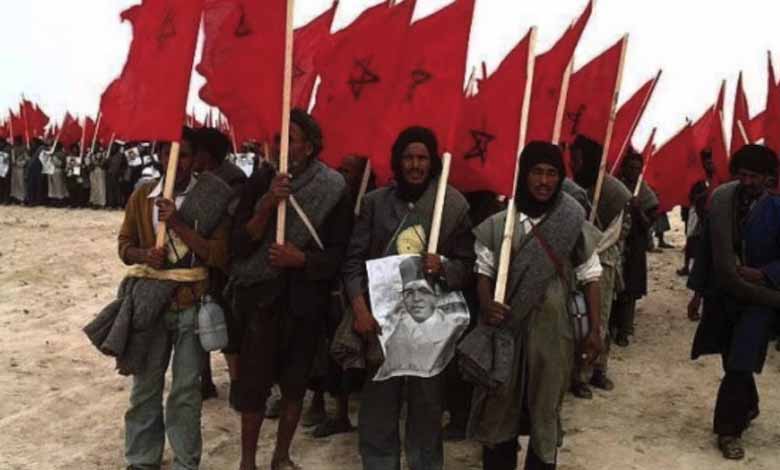Three factors behind the increasing support for the “Moroccan Sahara”

Diplomatic ties and gaining more international support foster Moroccan successes towards implementing the autonomy proposal in the Moroccan Sahara.
The most recent of these positions was expressed by the Government of the Kingdom of Spain, an important member of the European Union and the former colonial Moroccan Sahara.
Increased support
The head of the Atlas center for the analysis of political and institutional indicators, Mohamed Bouden, said that this is part of a general international trend in support of the autonomy initiative presented by Morocco in 2007.
In statements, Bouden added that he reflects the fundamental conviction of influential international powers that the autonomy initiative is the most logical and reference basis for a political solution that is compatible with the Security Council’s decisions in this regard.
“This is highlighted by the positions of the United States, which supports the autonomy initiative, at least in the last five administrations”, the political analyst added.
Germany’s advanced position in support of the autonomy initiative is also very important, as it has a position and leadership at the level of the European Union and several other regions of the world.
He referred to France’s long-standing support for the Moroccan proposal and then to the recent position of the Spanish Government.
He continued: “We also find the firm and lasting position of the GCC, Jordan, the Arab Group, as well as African countries, and we find that 164 countries do not recognize the fictitious entity out of 193 countries are the Member States of the United Nations”.
He pointed out that this growing dynamism confirms that conditions are being created for a definitive solution to the artificial regional dispute over the Moroccan Sahara within the framework of Moroccan sovereignty.
3 factors
Bouden stressed that the change in international positions is based on three factors, the first of which is related to the skills and intelligence of Moroccan diplomacy, led by Moroccan King Mohammed VI, in accordance with the two principles of clarity and ambition.
We also find a pragmatic and realistic approach to dealing with partners, making the recognition of sovereignty a priority for dealing with any partner.
Second, Morocco is well investing in its international network of relations, as there are international partners that are pushing their other partners in a bilateral or multilateral framework to develop their positions on the autonomy initiative.
This has led Morocco to gain significant influence in very important geopolitical groups, and the positions of important countries in the sphere of international relations within which Morocco moves have also been reviewed, he added.
The third factor, according to Bouden, is that the major powers take a stand in the international community, and regional powers and other states will follow suit.
Morocco is working on more than one front with the major international powers to bring its position in line with the Security Council resolutions and its gains at the UN level, he noted.












